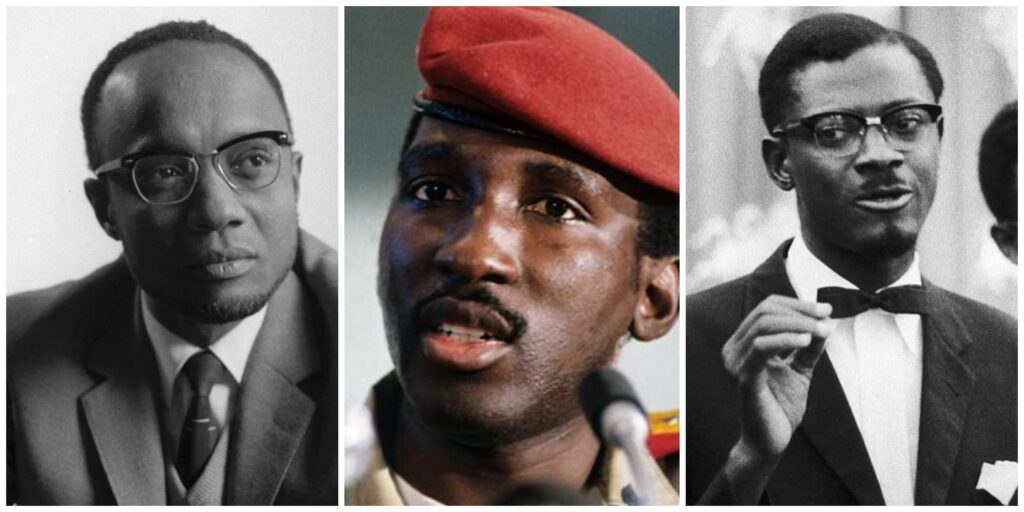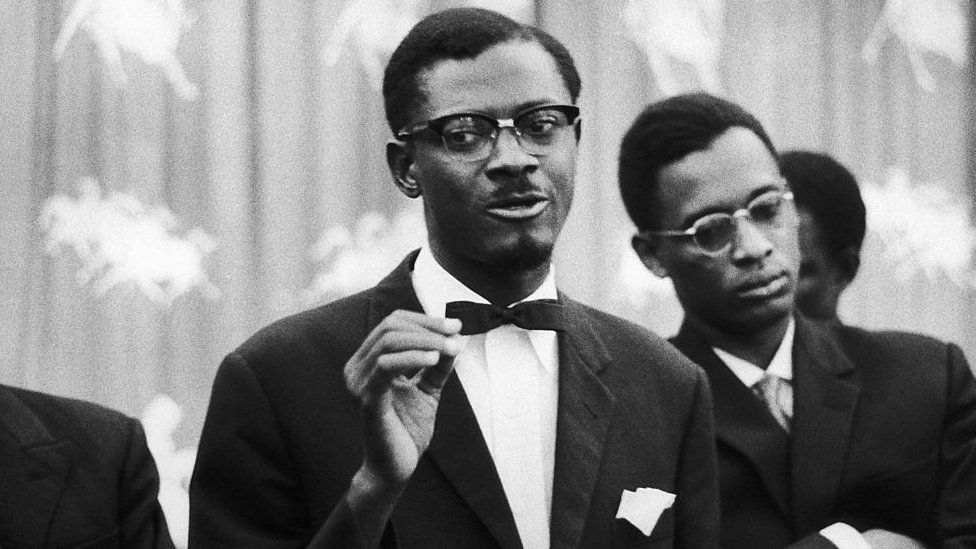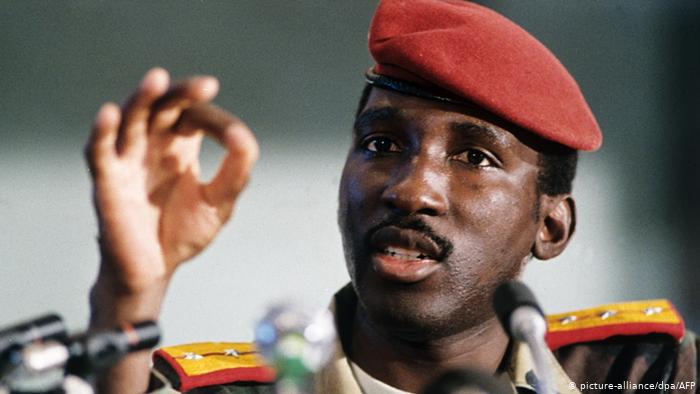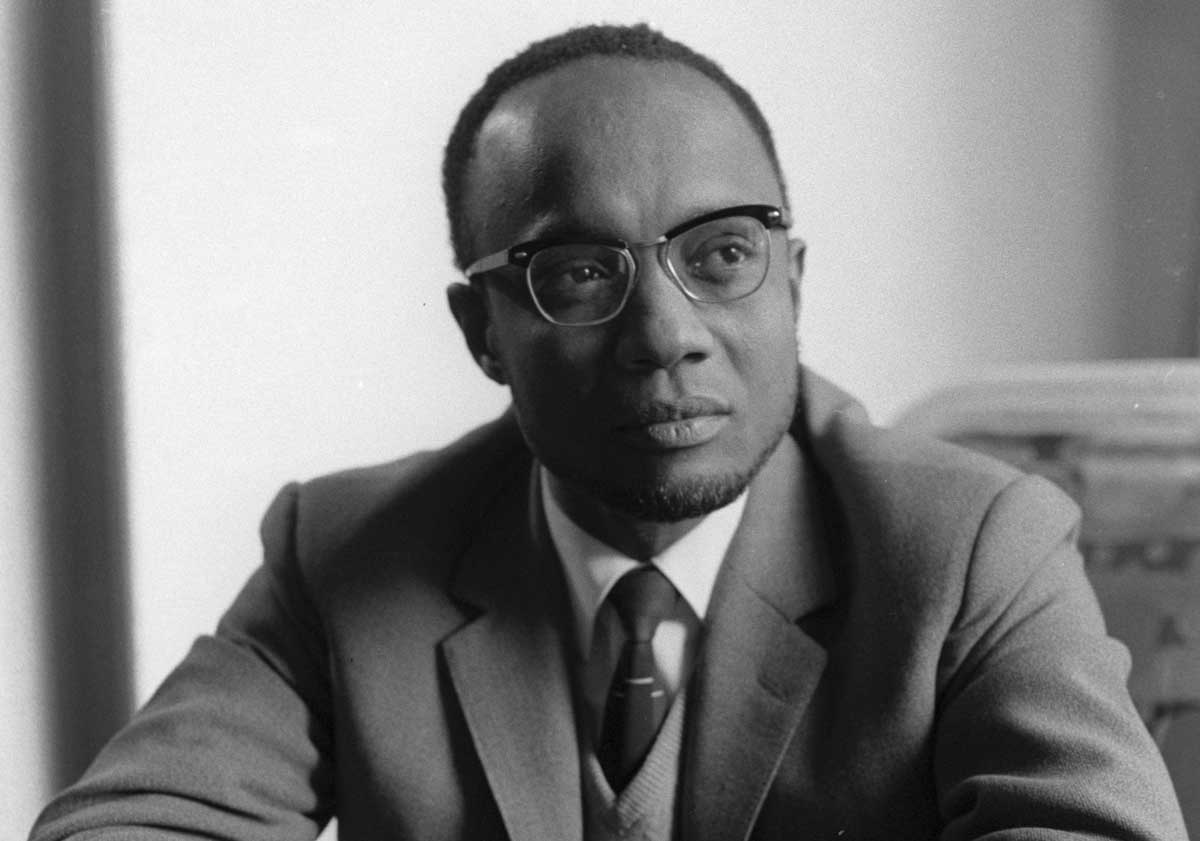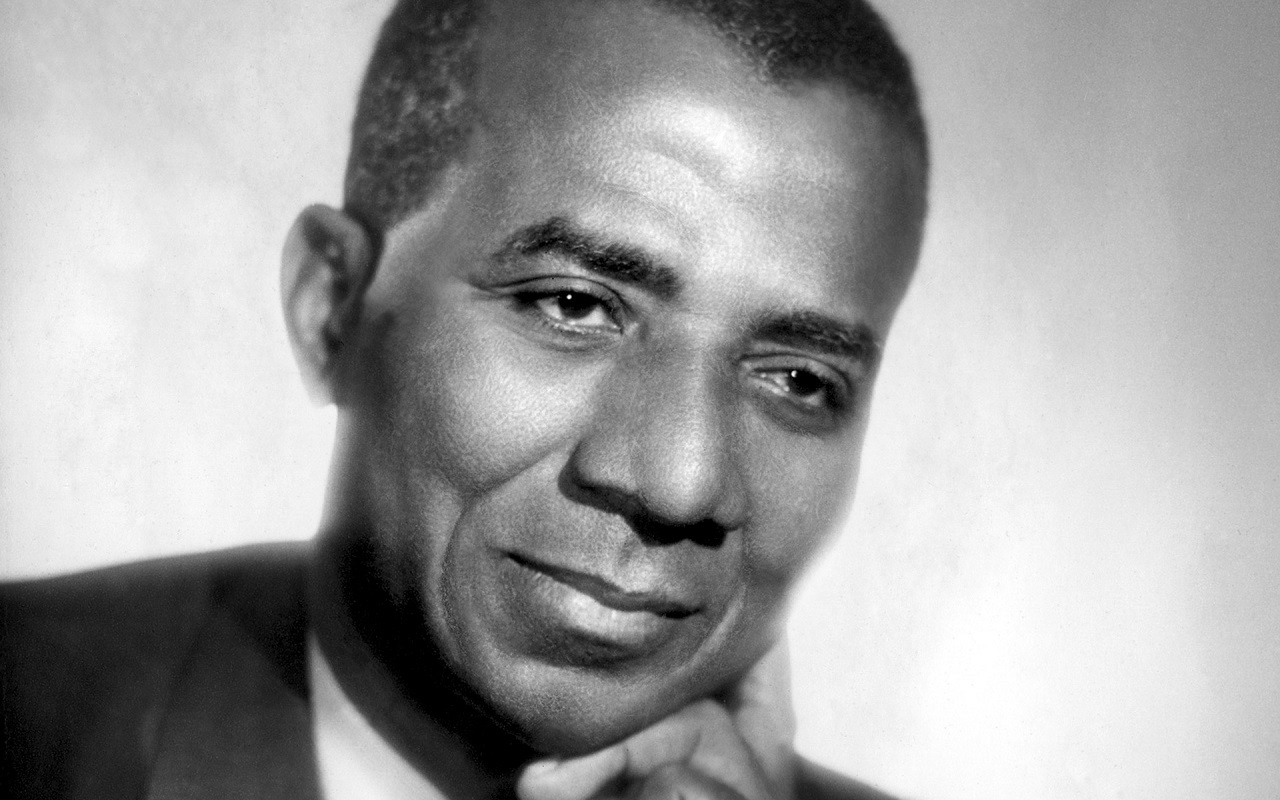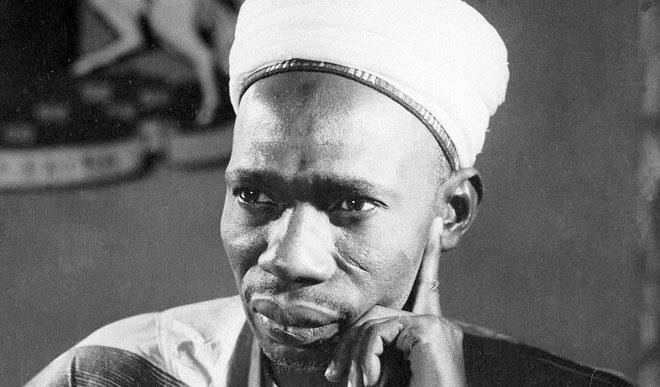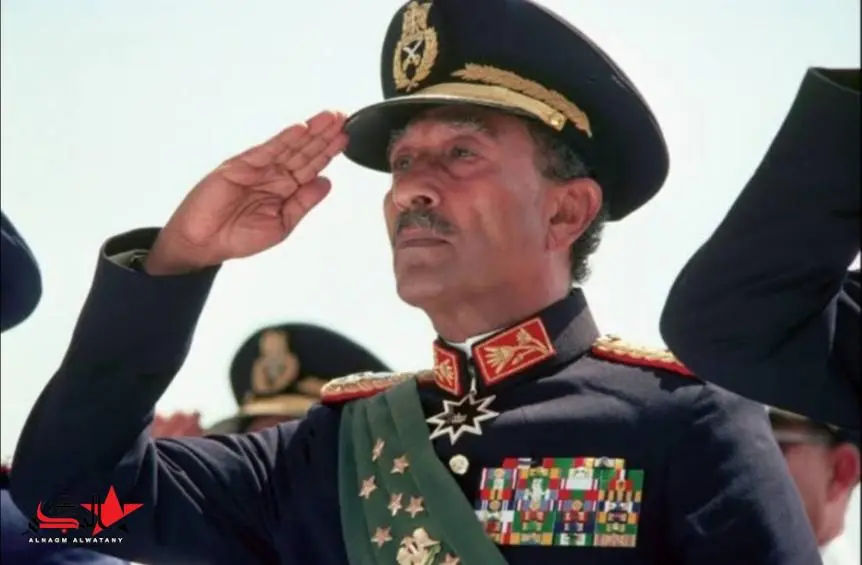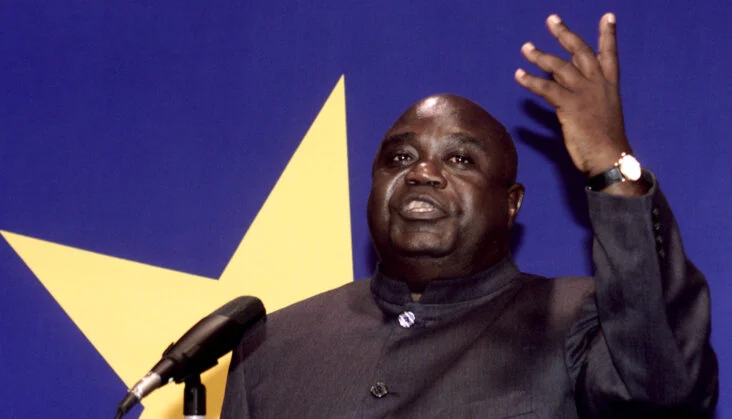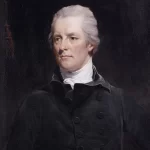The assassination of African leaders was a phenomenon that began during the colonial era in a bid to suppress the nationalist struggles and alter the call for independence by African nationalists. A vivid example of this was the killing of Cameroonian anti-colonialist Ruben Um Nyobé, slain by the French army on 13 September 1958. Another Cameroonian anti-colonialist leader, Félix-Roland Moumié, was assassinated in Geneva in November 1960. These deaths are the pioneers of the historic presidential assassinations in Africa
According to a Guardian report between 1961 and 1973, six African independence leaders were assassinated by their ex-colonial rulers. The report noted they are pieces of evidence that suggested the involvement of Western powers in the assassination of African leaders. Although these pieces of evidence are not strong enough to substantiate this claim, it is a known fact that these Western power will go to any length to protect their interest in a resource-rich continent like Africa. With that being said, here are 7 historical presidential assassinations that took place in Africa.
1. Patrice Lumumba of Congo
Patrice Lumumba was a Congolese politician and independence leader who served as the first prime minister of the Democratic Republic of the Congo. He was ideologically an African nationalist and pan-Africanist, playing a significant role in the transformation of the Congo from a colony of Belgium into an independent republic.
The Belgian authorities in a bid to solidify their interest in the Republic of Congo sponsored the Katangan secessionists, a mutiny in the republic’s army, and painted Lumumba as a communist who was hostile to white people and the West. This led to a conflict between the Western Power and Lumumba who turned to the Soviet Union.
After a western sponsored military coup that ousted the Lumumba government, he was captured and imprisoned by state authorities. He was handed over to Katangan authorities, who executed him in the presence of Belgian officials and military officers. His body was thrown into a shallow grave, but later dug up and destroyed.
2. Thomas Sankara of Burkina Faso
Thomas Sankara was a Burkinabè military officer and Pan-Africanist who served as President of Burkina Faso from his coup in 1983 to his assassination in 1987. He was an anti-imperialist charismatic and iconic figure of the revolution who renamed the country from the French colonial name Upper Volta to Burkina Faso
His foreign policies were centered on anti-imperialism and he rejected aid from organizations such as the International Monetary Fund. His domestic policies included famine prevention, agrarian self-sufficiency, land reform, and suspending rural poll taxes. He also focused on a nationwide literacy and vaccination campaign.
His government also focused on building schools, health centers, water reservoirs, and infrastructure projects. Sankara’s revolutionary programs for African self-reliance made him an icon to the citizens but alienated the former ruling class and colonial masters. On 15 October 1987, Sankara was assassinated by troops led by Blaise Compaoré, who was backed by the French and assumed leadership of the state shortly thereafter.
3. Amilcar Cabral of Guinea-Bissau
Amilcar Cabral was one of Africa’s foremost anti-colonial leaders. He was a Bissau-Guinean and Cape Verdean political organizer and diplomat. He led the PAIGC’s guerrilla movement in Portuguese Guinea against the Portuguese government, which evolved into one of the most successful wars of independence in modern African history.
The goal of the conflict was to attain independence for both Portuguese Guinea and Cape Verde. Over the course of the conflict, as the movement captured territory from the Portuguese, Cabral became the de facto leader of a large portion of what became Guinea-Bissau. He also formed the country’s first political party in anticipation of independence
Amilcar Cabral was assassinated on 20 January 1973, about eight months before Guinea-Bissau’s unilateral declaration of independence. He was shot and killed by disgruntled former PAIGC rival Inocêncio Kani, together with another member of PAIGC. Several theories promulgate the involvement of the Portuguese in Cabral his death.
Read More:
- 10 Most Brutal African Presidents In History
- 10 Most Impactful Protests In The History Of The United States
- The Assassination of Martin Luther King Jr.
4. Sylvanus Olympio of Togo
Sylvanus Olympio was a Togolese politician who served as prime minister, and then president, of Togo from 1958 until his assassination in 1963. Prior to his presidency, Olympio was active in the domestic and international struggle to gain independence for Togo following World War II.
Amidst numerous altercations with the French Authorities, Olympio served as the prime minister of Togo and also served as the minister of finance, minister of foreign affairs, and minister of justice for the colony From 1958 until 1961. He connected with many of the other independence struggles throughout the continent.
In 1961, as part of the transition of power away from French control, the country voted for Olympio to become the first president of Togo. Three years later Olympio was assassinated in a coup d’état, the first in the French and British colonies in Africa. Olympio became the first president to be assassinated during a military coup in Africa.
5. Abubakar Tafawa Balewa of Nigeria
Sir Abubakar Tafawa Balewa was a Nigerian politician who served as the first and only prime minister of Nigeria upon independence. Prior to his appointment as Prime Minister, he was elected in 1946 to the Northern House of Assembly, and to the Legislative Council in 1947. As a legislator, he was a vocal advocate of the rights of Northern Nigeria.
As Prime Minister of Nigeria, Balewa played important roles in the continent’s formative indigenous rule. He was an important leader in the formation of the Organisation of African Unity and in creating a cooperative relationship with French-speaking African countries. He was also instrumental in putting an end to the Congo Crisis of 1960–1964.
Balewa was overthrown and assassinated in a military coup on 15 January 1966, as were many other leaders, including Sir Ahmadu Bello. The circumstances of his death still remain unresolved. His body was discovered at a roadside near Lagos six days after he was ousted from office. Balewa was buried in Bauchi. News of his assassination spurred violent riots throughout Northern Nigeria and ultimately led to the bloody counter-coup of July 1966.
6. Muhammad Anwar al-Sadaat of Egypt
Muhammad Anwar el-Sadat was an Egyptian politician and military officer who served as the third president of Egypt, from October 1970 until his assassination in October 1981. He was a senior member of the Free Officers who overthrew King Farouk in the Egyptian Revolution of 1952. He served as served as Vice President twice to Gamal Abdel Nasser, before succeeding him as president in 1970
In his eleven years as president, he changed Egypt’s trajectory, departing from many of the political and economic tenets of Nasserism, re-instituting a multi-party system, and launching the Infitah economic policy. As President, he led Egypt in the Yom Kippur War of 1973 to regain Egypt’s Sinai Peninsula, from Israel.
In 1978, Sadat and Menachem Begin, Prime Minister of Israel, signed a peace treaty. The treaty was generally favorable among Egyptians but was rejected by the country’s Muslim Brotherhood. This was also one of the factors that led to his assassination; on 6 October 1981, during the 6 October parade in Cairo.
7. Laurent Kabila of Congo
Laurent Kabila was a Congolese revolutionary and politician who was the third President of the Democratic Republic of the Congo from 1997 until his assassination in 2001. He was a longtime opponent of the Congolese dictator, Mobutu Sese Seko, who he overthrew after invading then Zaire with the ADFLC rebel group during the First Congo War.
After the war, Laurent become the new president of the country and changed the name back to the Democratic Republic of the Congo. He also found himself in a delicate position as a puppet of his foreign backers (Uganda and Rwanda). The following year, he ordered the departure of all foreign troops from the country, leading to the Second Congo War.
During the war, Laurent’s former Rwandan and Ugandan allies began sponsoring several rebel groups to overthrow him including the Rally for Congolese Democracy (RCD) and the Movement for the Liberation of the Congo (MLC). During the war, he was assassinated by one of his bodyguards and was succeeded ten days later by his 29-year-old son Joseph.
